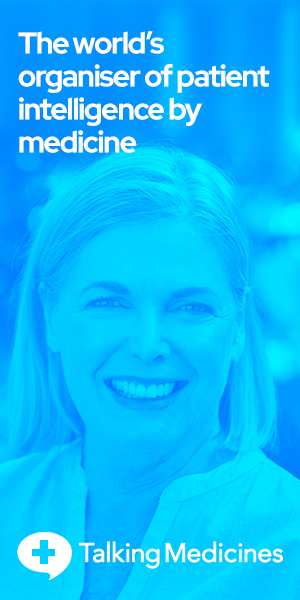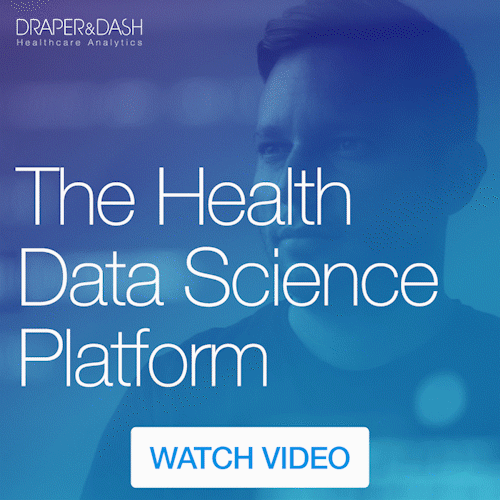Tim Berners-Lee’s startup Inrupt launched an enterprise version of its Solid privacy platform for corporations to use across the globe.
Inrupt was founded in 2018 by Berners-Lee and Co-Founder John Bruce, former owner of cybersecurity company Resilient Systems that was later acquired by IBM. Bruce now serves as Inrupt’s Chief Executive Officer, while Berners-Lee leads Inrupt’s Technology and Research function as Chief Technology Officer
Inrupt provides a software development tool that enables companies to integrate their services directly with the Solid platform. Developed in partnership with scientists at MIT (Massachusetts Institute of Technology), Inrupt’s enterprise product, Solid, is designed to allow users to create Personal Online Data Stores, or “PODS”, which grant third party access to data.
This allows individual companies to autonomously store their own data, instead of relying on external entities to store data for them. Additionally, Solid provides a backup and restore mechanism, as well as monitoring and integration features. These tools enable companies to plug the software into their information technology automation tools.
Berners-Lee writes that Solid was launched to prevent “data from being exploited by the silo in question, leading to increasing, very public scepticism about how personal data is being misused”.
“Today, business information is hampered by different parts of one’s life being managed by different silos, each of which looks after one slice of life, but where users and teams can’t get insight from connecting data…There had to be a better way. The Solid architecture provides that better way”
The NHS, among others including NatWest Bank and the Flanders Government, is one of the early adopters of the Solid Software. Using Solid, the NHS will give patients the opportunity to store personal medical data and information from personal devices and apps in PODS.
Patients will be able to choose who to share their personal data with. Individuals can elect doctors, family members and caregivers to view personal medical information. In turn, those granted access to this data can also integrate clinical and caretaking notes into personal data files, in order to improve patient care.
Regarding the NHS’s use of Solid, Bruce writes that the platform will ‘drive groundbreaking opportunities that not only restore trust in data, but also enhance our lives’.
“The NHS is empowering patients with their own medical data to improve people’s health and lower healthcare costs”
The BBC and NatWest can also expect to benefit by integrating Solid. The platform enables customers to engage with their personal data in a highly user-centric approach. This added level of personalisation will increase trust in data, and promote smarter service delivery on the whole.
Recommended for you

What Does the Tory Leadership Battle Mean for the NHS?
As Truss and Sunak compete to become the new PM, one key topic is forming a noticeably small part of the Tory leadership debates.

Drug Decriminalisation: Could the UK Follow Portugal?
Portugal’s drug decriminalisation has reduced drug deaths and made people feel safe seeking support. Would the UK ever follow suit?
Trending

Drug Decriminalisation: Could the UK Follow Portugal?
Portugal’s drug decriminalisation has reduced drug deaths and made people feel safe seeking support. Would the UK ever follow suit?

Calling All Unvaccinated UK Adults
With Covid cases rising, the NHS is urging the 3 million UK adults who remain unvaccinated to come forward.





